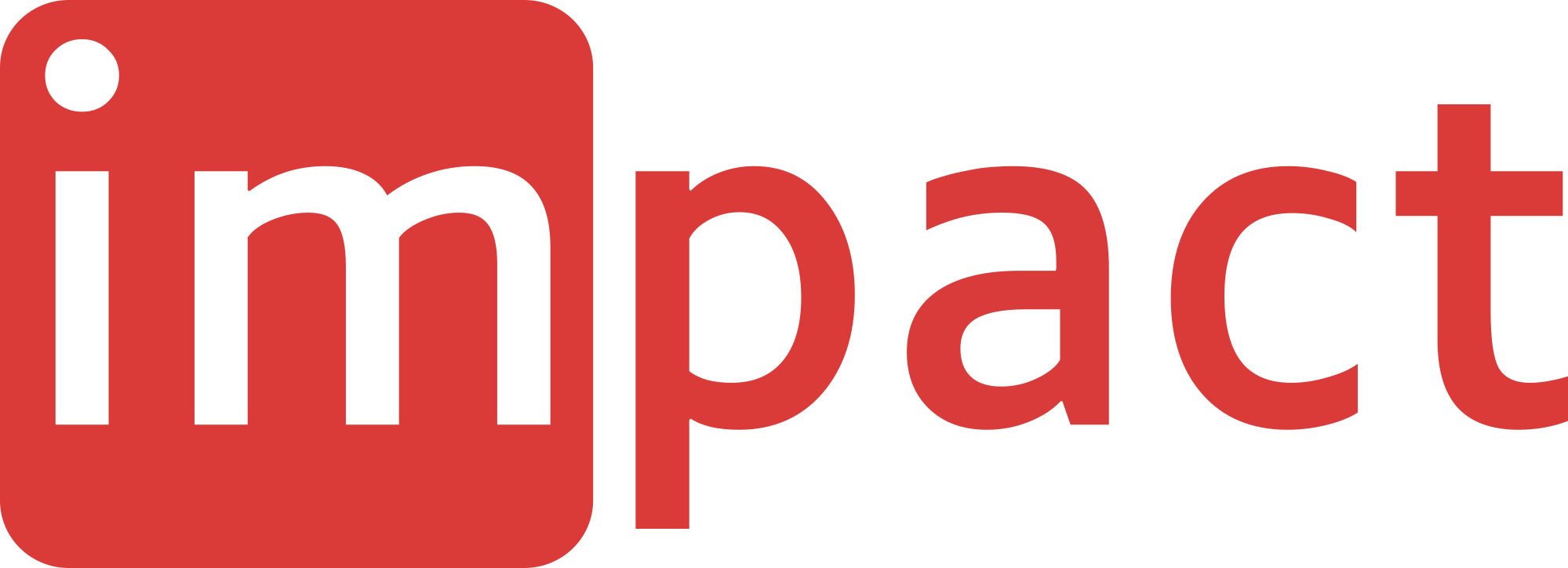
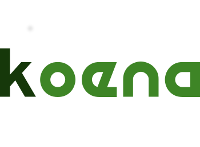
Koena – Project Leader
Koena was created in 2016 by Armony Altinier, who has worked in the field of digital accessibility for over 12 years. Koena is a social enterprise whose mission is to generalize Digital Accessibility to empower people with disabilities, especially through professional training.
In the context of its research and development program, Koena is developing tools for professionals who are looking to provide online services in compliance with digital accessibility laws in France and in Europe while advancing their corporate social responsibility.
The founder of Koena contributed to the creation of the French Accessibility Standard based on the International guidelines (WCAG) for the French government in 2015. Koena have trained about 100 professionals, and created a new certification in partnership with private schools and university.
They animate a community of about 1000 people on the Internet, and Koena is in charge of creating a MOOC to teach how to created inclusive MOOC for the France université numérique, the French official platform for the MOOC, and work with different universities to help them build an internal politic in favour of implementing Web accessibility. They trained the first French Digital accessibility Managers and lead R&D projects in order to develop free and open source resources to generalize Digital Accessibility. Koena also offers its expertise to NGO like Handicap International, Unapei, European Disability Forum… as well as big private companies or French government and local administrations.
Koena’s motto is:
"New technologies can be amazing tools to empower people with disabilities, as long as they are designed with accessibility in mind!"
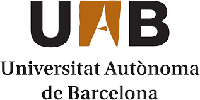
Universitat Autònoma de Barcelona
The Universitat Autònoma de Barcelona (UAB) is a generalist campus-based University, hosting an overall amount of 36.000 students (2017-18) among graduate, master and doctorate students. The UAB plays a worldwide leading role in scientific research and its wide range of disciplines, in both education and research, indicates its multidisciplinary approach.
The UAB holds a leading position in the most prestigious and influential international university rankings due to the growing impact of its research, the constant improvement of the quality of teaching and the ability to attract international talent: UAB is the second-ranked university in Spain in according to the Times of Higher Education World University Ranking (THE WUR) 2019 and occupying position 145 in the world ranking. The UAB’s commitment to internationalisation is reflected in its agreements with universities of all over the world, that potentiates exchanges and joint projects for students, researchers and staff, and with the creation of an International Projects Office (OPI), that brings specialised support to researchers and staff in the preparation of projects and, once granted, in its management and implementation within the institution.
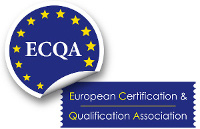
ECQA GmbH
The European Certification and Qualification Association (ECQA) is the result of a number of projects and initiatives supported by the Life Long Learning Program of the European Union (EU).
The aim of the ECQA is to provide and follow a joint process for the qualification and certification of persons in various industries in the EU.
Various job roles and their skills and competences are described in a standardised way. From Automotive and software industry to Accessibility, Diversity, Sustainability and Cultural Heritage Management.
The ECQA GmbH was founded 2015 and is taking over the work of the ECQA association and by thus working with international experts to certify job roles worldwide and to network with experts on the needs of markets and companies.
Additionally the ECQA is using their experts on Vocational Education Training to support Training organisations and Project groups that often seek help in the design of their trainings to stick to EQF/NQF. ECQA here is making it easier for partners while developing their trainings to structure the content for appropriate later exams and certification according to the EQF.
Due to a large amount of supporting universities, ECQA also can help with the application and transfer/mapping of ECVET and ECTS within trainings and content.
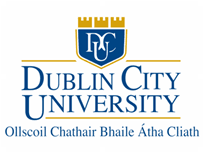
Dublin City University
Dublin City University was founded in 1981 and comprises over 17,000 students including over 2600 postgraduate students, of whom over 700 are research students. The University is consistently ranked among the top young universities globally, appearing in the QS Top 50 under 50, and Times Higher (THE) Top 100 under 50.
At the core of DCU’s ethos is a focus on research and innovation which can make a difference to problems that matter to industry and society. The objectives of the IMPACT project are in line with DCU’s strategic plan, Talent, Discovery and Transformation. Among the stated objectives of this strategic approach is to transform lives and societies through education, research and innovation. DCU’s Core Principles capture the distinctive essence of DCU: Transformation, Enterprise, Translation and Engagement. This is accomplished by discovering, analysing, expanding, and disseminating knowledge, by developing creative and critical thinking and by fostering skills and learning. Dublin City University encourages researchers to consider six key aspects to enable a better alignment of their research with the values, needs and expectations of modern societies. These include: engagement, gender equality, science education, open access, ethics, and governance. Participation in the IMPACT project will help achieve these goals through the development of appropriate educational resources and courses which will foster a more inclusive and accessible Europe.
